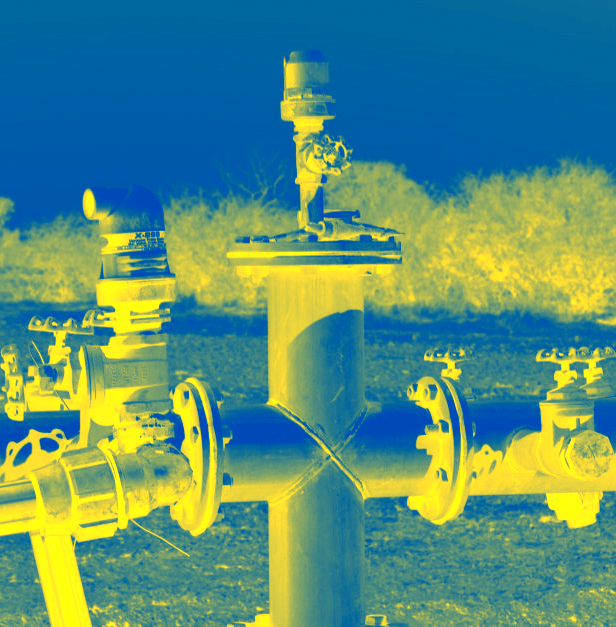CCS set for GAB
 Serious questions are being asked about where Glencore can store waste carbon dioxide in the Great Artesian Basin (GAB).
Serious questions are being asked about where Glencore can store waste carbon dioxide in the Great Artesian Basin (GAB).
Farming lobbies say Glencore’s plan to store waste CO2 in the Great Artesian Basin - a project once enthusiastically supported by the previous Morrison Liberal government - is a “major threat” to groundwater.
Coal giant Glencore wants to use carbon capture and storage (CCS) to reduce the amount of carbon dioxide (CO2) that gets released into the atmosphere. The plan is to capture CO2 from a coal-fired power station, turn it into a liquid, and then store it deep underground.
The place where Glencore wants to store the CO2 is in a GAB aquifer - a giant underground rock formation that holds water.
Glencore says the aquifer is too saline for farming, but many who work in the local agricultural industry say this is misleading, and that Glencore's own water samples show that the water is actually good for livestock.
They are worried that if Glencore stores the CO2 in the aquifer, it could harm the water supply for farmers, saying the CO2 could make the water undrinkable for people and animals, and that it could also harm the plants that farmers grow.
Glencore says that the aquifer is too deep to be used for water supply by regular users. However, it also says that future users should not be allowed to take groundwater supply from the zone impacted by the CO2.
Glencore subsidiary CTSCo is planning a trial of capturing CO2 from the Millmerran coal-fired power station in southern Queensland and injecting it deep underground.
In a three-year trial, CTSCo plans to inject up to 110,000 tonnes of the waste CO2 each year into the Precipice Sandstone, a GAB groundwater formation about 2,300 metres underground.
“CTSCo has deliberately identified a deep, low-quality aquifer that cannot be used for drinking or agriculture use,” general manager Darren Greer says.
The Australian Lot Feeder's Association (ALFA), a lobby for some of Australia's biggest beef producers, says the proposal would be a “major threat” to the GAB.
“Our biggest concern is the detrimental impact this project could have on the existing high-quality water within the aquifer,” ALFA’s Barb Madden says.
But CTSCo's Darren Greer maintains that “elevated” mineral levels pose “a risk of soil degradation”, and the water at the site is “unsuitable for agriculture”.







 Print
Print